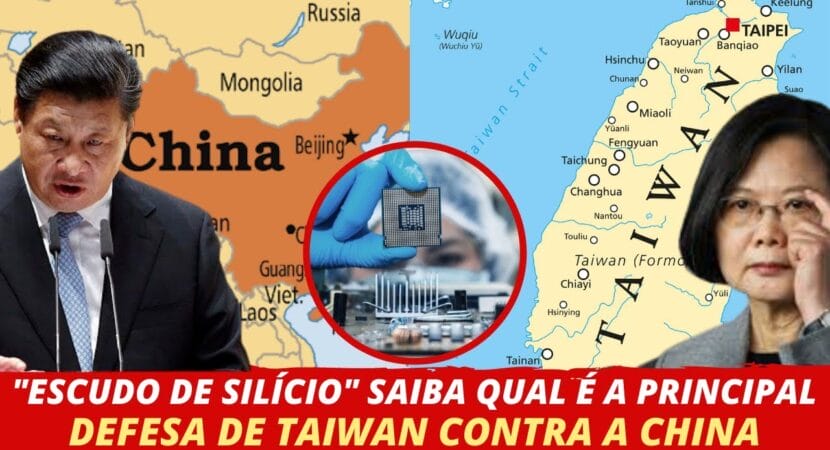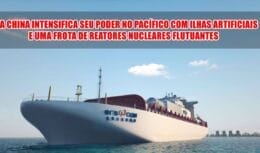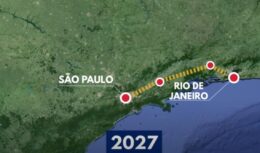
Discover how Taiwan uses its position as a leader in silicon semiconductor chips to protect itself from a potential Chinese invasion.
Taiwan, the island located just 180 km from China Popular Republic, lives looking at his eternal enemy, with whom he shares the same language and the same ancestors, but has a different political regime. The dispute between China and Taiwan since 1949 has deprived the latter of access to international organizations and granted it an undefined status and limited international recognition. However, after years of hostilities and tensions, Taiwan found a strategy that helps its national survival in this very asymmetrical conflict and with which it managed to ward off the specter of a Chinese invasion: the so-called “silicon shield”.
The silicon shield
The so-called silicon shield is linked to Taiwan's position as the world's leading manufacturer of advanced semiconductor chips, which some analysts say could be crucial to deterring a Chinese invasion. Taiwan accounts for 92% of the world's production of semiconductor process nodes below 10 nanometers, making it the leading supplier of chips that power the world's most advanced machines, from Apple iPhones to F-35 fighter jets.
Furthermore, Taipei's silicon shield puts a lot at stake for China. While Chinese President Xi Jinping has pledged to reclaim the self-governing island by force if necessary, Beijing is largely dependent on Taiwanese technology to power key industries it relies on to double its gross domestic product by 2035. The concept of silicon shield means that military action by the China in the Taiwan Strait would cause equally important damage to the Asian giant as it would to the small island, or even to the United States, its shadow ally.
In this way, the small territory protects itself with silicon, avoiding an armed conflict that could have a very high cost for Xi Jinping's government. Just a one-year disruption in the supply of Taiwanese chips would cost global technology companies approximately $600 billion, according to a study carried out by the Boston Consulting Group. If its manufacturing base is destroyed in a war, rebuilding production capacity elsewhere would take at least three years and $350 billion, according to the study.
Journalist Great Addison, who coined the term “silicon shield” with the publication of his book “If you read, you get”, points out that this is similar to the concept of “mutual assured destruction”, because any military action in the Strait of Taiwan would be as harmful to China as it would be to Taiwan and the United States.

Role of the semiconductor company
What is the role of the semiconductor company in this geopolitical balance? SMIC, or Taiwan Semiconductor Manufacturing Company, tried to be the “Switzerland” of the chip industry, that is, to remain neutral. But this strategy came to an end. The company had to side with the United States in the trade war with China, accepting the sanctions that Washington imposed on Chinese technology giant Huawei Technologies.
In fact, SMIC didn't have many options as most of its customers are in North America. Its sales come from companies like Apple, Nvidia and Qualcomm, and just 17% of its sales this year went to China, including Huawei.
The importance of silicon was demonstrated this year when the auto industry had to temporarily close factories around the world due to a shortage of microchips. Both China and the United States, Europe or Japan want to stop depending on Taiwanese chips by building factories in their territories, but this solution will not come in the short term, while the silicon shield will continue to defend the island from a giant of 1,3 .XNUMX billion people.
Taiwan's silicon shield has proven to be an effective strategy to protect itself from a possible Chinese invasion. Taiwan's position as a world leader in the manufacture of advanced semiconductor chips gives it deterrent power and creates a geopolitical balance in the region. Although there are challenges and pressures to reduce dependence on Taiwanese chips, the silicon shield will remain a guarantee for Taiwan's national security for the foreseeable future.












